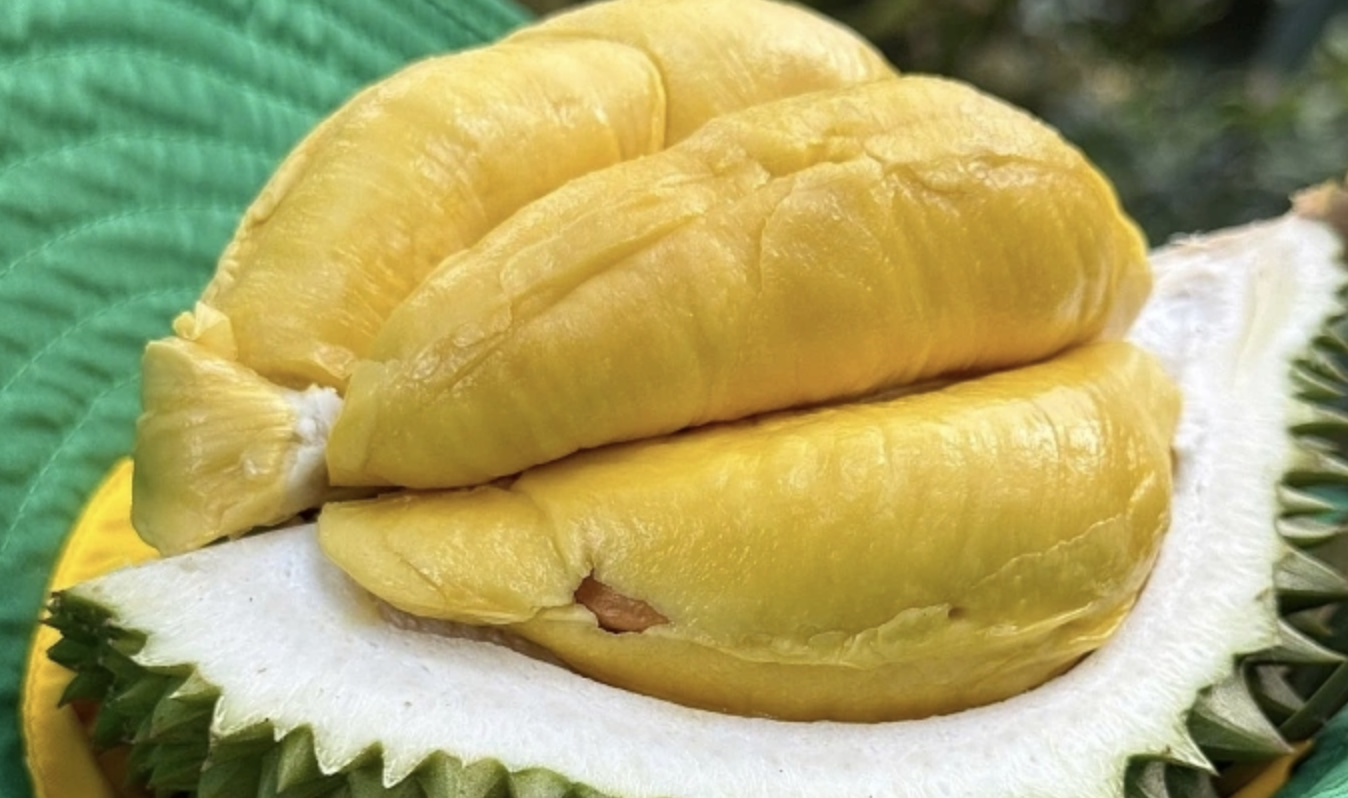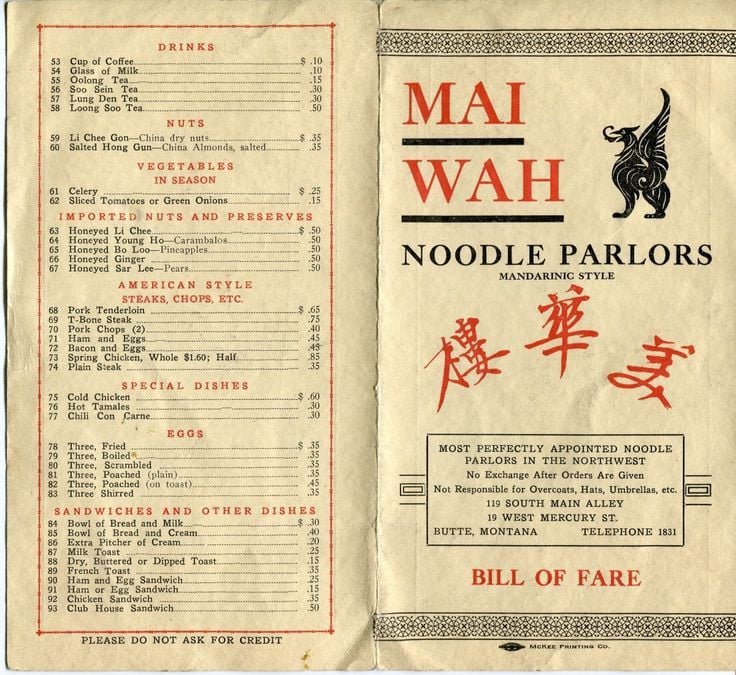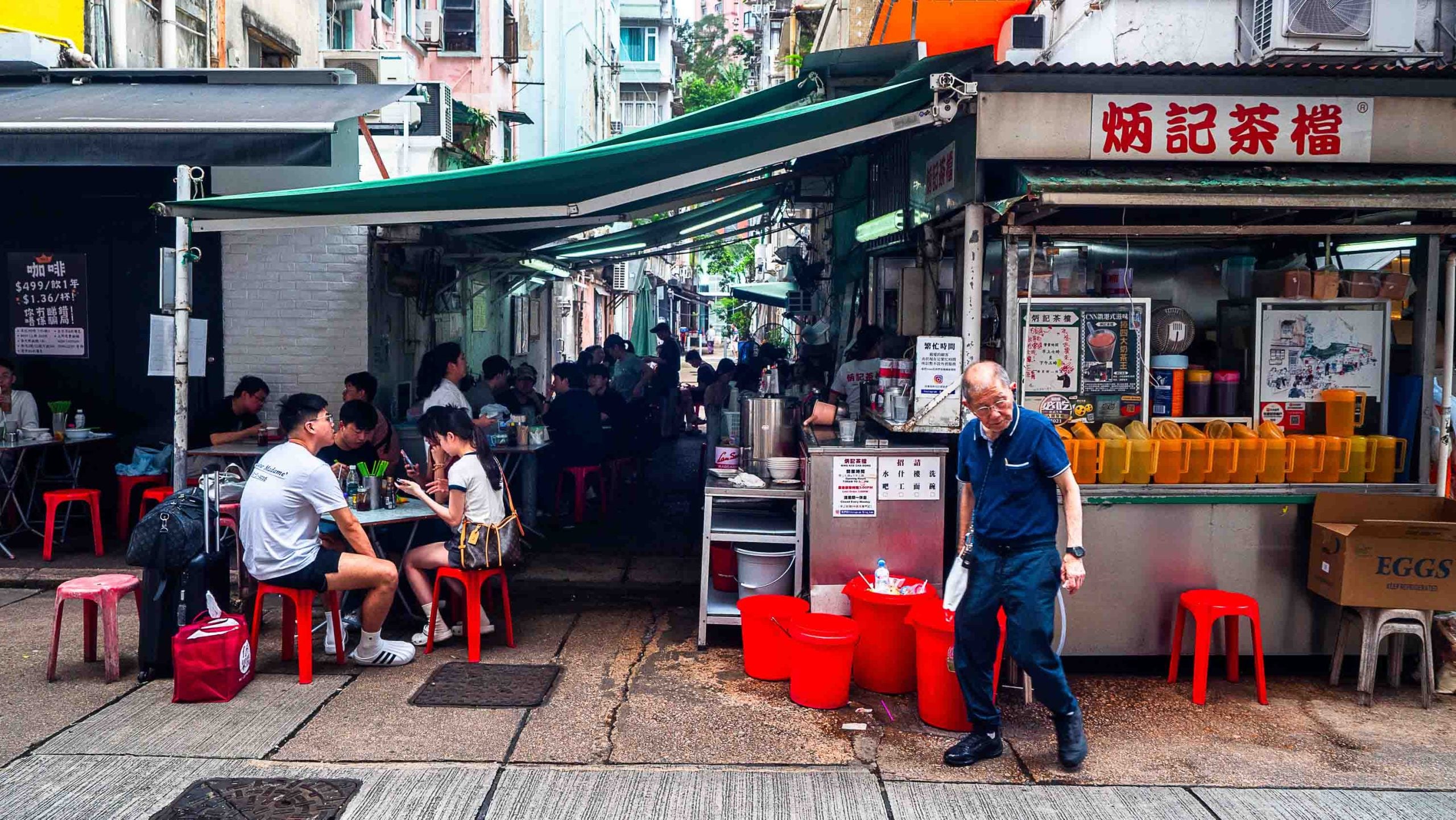Chinese Takeout is a bite-sized, biweekly RADII feature that examines Chinese food from the inside out, by disentangling the (hi)stories behind a single dish or restaurant. Write to us if you have a suggestion or submission.
Facing an unprecedented drop in business following Covid-19, local eatery Xing Tai (兴泰) in Shanghai may be on the brink of shutting down.
“If it continues like this, we will not make it through,” says co-owner Zhang Hongying, as she frowns and sighs. “The spa place across the street has already closed.”
The restaurant, which has been in business for 26 years, may be just one enterprise — but its story is one that is echoed throughout the country. The restaurant industry in China is one of the hardest hit by the unfolding economic crisis triggered by the coronavirus pandemic.
Related:
 5 Million People in China Have Lost their Jobs Thanks to Covid-19 – Here’s How They Are CopingWhether choosing to wait, act or adapt, Chinese citizens are coping with coronavirus-related job loss in a number of different waysArticle Apr 14, 2020
5 Million People in China Have Lost their Jobs Thanks to Covid-19 – Here’s How They Are CopingWhether choosing to wait, act or adapt, Chinese citizens are coping with coronavirus-related job loss in a number of different waysArticle Apr 14, 2020
While some larger chain restaurants have been able to sustain themselves, or to secure coronavirus relief loans from banks, many mom-and-pop restaurants are struggling to survive.
Steps away from historic People’s Square and West Nanjing Road, Shanghai’s Huanghe Road is a famous food street among locals. Ordinarily, foot traffic steadily hums across the rows of restaurant billboards lined up next to one another. When we visit in late April, the scene is slightly more subdued.
Among the eateries sits Xing Tai, run by husband Wu Lipeng and his wife Zhang Hongying. Established in 1994, the restaurant aims to “present Shanghainese food at its best to the world,” according to Wu.
Well-liked for its affordable and authentic Shanghainese fare, Zhang says that for years Xing Tai was one of the most popular restaurants on Huanghe Road.

On Dianping — the Chinese equivalent of Yelp — a diner left a comment in December 2019: “For my birthday, my grandparents insisted on going to this restaurant for authentic Shanghainese dishes. We had a great time and everybody was happy.” Another reads, “One of the most respected and popular landmark restaurants at Huanghe Road.”
Not long ago, it was hard to find a table during rush hour. Yet it was empty when RADII visited during lunch hours.

Prior to the Covid-19 outbreak, 70% of Xing Tai’s guests were regulars from the neighborhood. The rest were walk-in tourists, they recall, mainly Koreans and Japanese. While some nearby businesses have enjoyed a resurgence in business — we passed one historic bakery that had a line out the door — others have not been so lucky. Since their restaurant reopened after three months of being closed, Xing Tai’s owners say that fewer people have crossed their threshold, meaning they haven’t generated enough revenue to sustain the business.
Although coronavirus restrictions have eased in Shanghai, with no new local cases reported in the past 35 days, social distancing is still being practiced by many. Fewer than 50% of people dined out in March compared to last year, according to statistics provided by the China Hospitality Association Research Institute. And while temperature checks are no longer being enforced, thermometers and disinfectant products can still be seen at the entrances of most restaurants in accordance with local guidelines.
Related:
 Chinese Start-up Launches Coronavirus-Detecting GlassesA Hangzhou-based startup that developed detection glasses to aid in China’s coronavirus containment is now setting sights on the US marketArticle Apr 24, 2020
Chinese Start-up Launches Coronavirus-Detecting GlassesA Hangzhou-based startup that developed detection glasses to aid in China’s coronavirus containment is now setting sights on the US marketArticle Apr 24, 2020
The staff recommend us one of the house specials, songzi guiyu (松子鳜鱼). A famous Shanghainese dish, the flesh of a mandarin fish is diced into small cubes across its back side, before being fried and doused with sweet and sour sauce. Its crispy skin and soft meat melt instantly on the tongue.

It was once a dish that you could only find in upscale restaurants, but over the past ten years, it has become more accessible at regular eateries as the average Shanghainese person has had more money in their pocket. “Making this dish requires a very skilled chef,” Wu says, before adding slyly:
“Ours tastes better than that of the [world-famous] Park Hotel down the street. Their price is also three times higher.”
Like many in their predicament, the owners of Xing Tai had to let go of four staff members who all had been with them for a long time. And though they tried to negotiate, they could not get their rent waived over February and March. “[The landlords] are living on the rent, so it has been hard for them as well,” says Wu. “If this property belonged to the government, there would have been some relief.”
They are also worried about a second wave of the virus, something which is already taking place in a handful of Chinese provinces, and are unsure whether the worst has yet come to pass. When asked about whether traffic will increase over the upcoming May holiday, when millions are expected to travel, they are skeptical. Yet as we speak about the future, two women walk in and take their seats, promptly tucking into a meal of suancaiyu (酸菜鱼), fish soup with Sichuan-style pickles.

Recently, people in China have returned to work only to face the disheartening reality that some of their go-to neighborhood restaurants have closed for good. These are the places where people grab a quick bite after a long work day, host reunions for friends and family, or seek comfort food on sick days. Here, people do not just come to eat, but to savor the sense of community, vibrancy, and comfort a place can offer.
Restaurants have always been there when we needed them. But now, they need us more than ever.
All images: Siyuan Meng


















